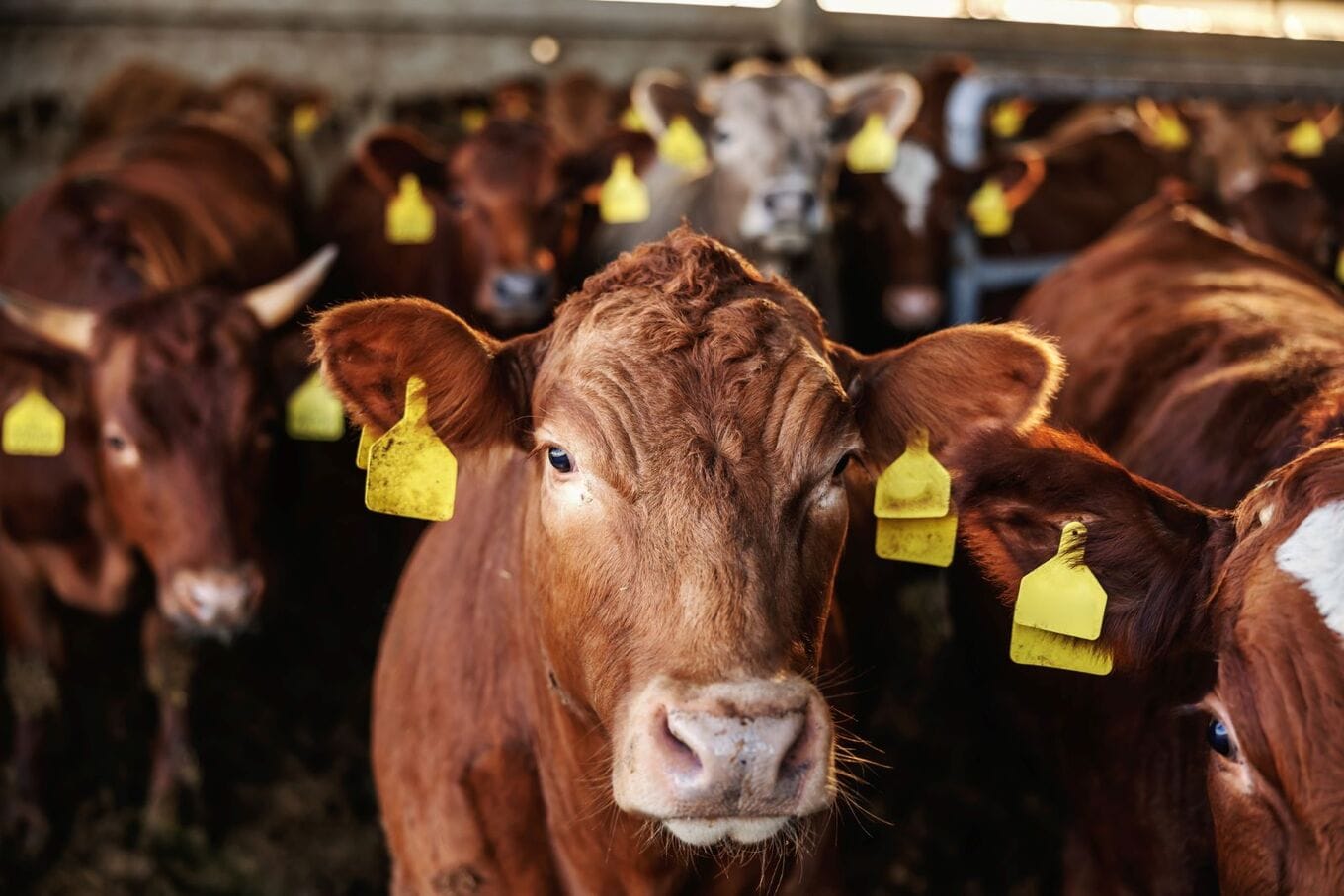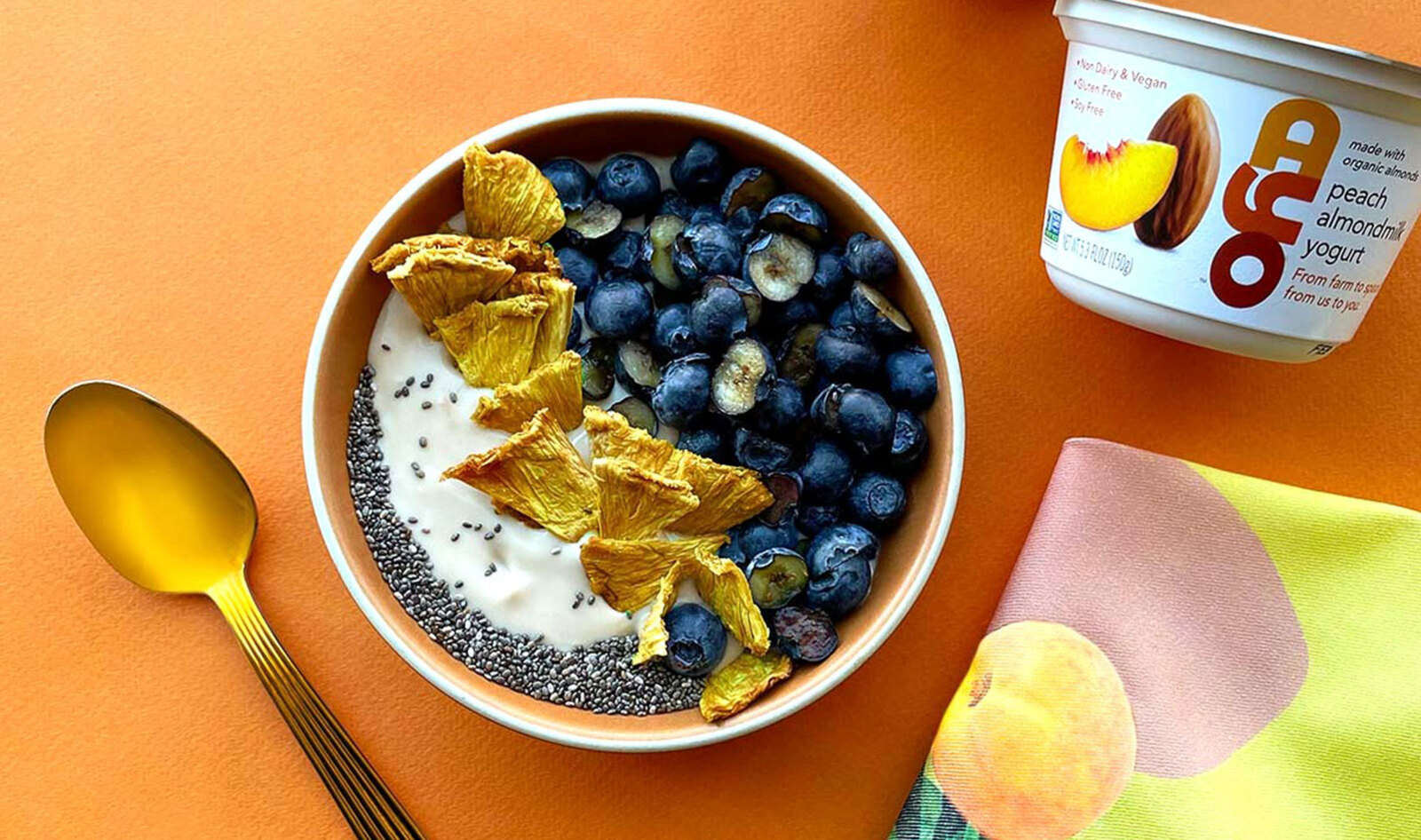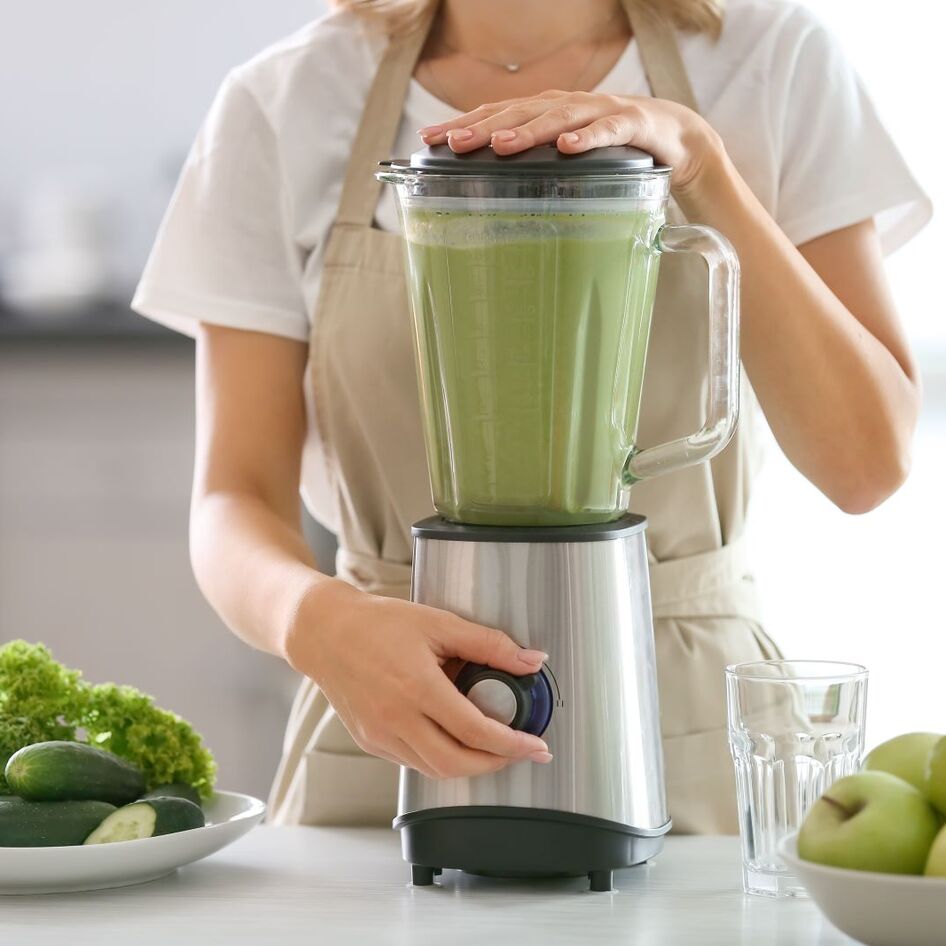Almond-based vegan yogurt outranks dairy on several metrics, according to a study conducted by researchers at the University of Massachusetts and published in the scientific journal Frontiers in Nutrition. The study also highlighted the environmental benefits of vegan yogurts over their dairy-based counterparts.
The dairy industry has long been known for its significant environmental impact, including greenhouse gas emissions, water resource utilization, and land requirements. Global livestock production is estimated to contribute 14.5 percent of total anthropogenic greenhouse gas emissions, with dairy production responsible for approximately one-third of that.
While yogurt only constitutes a portion of the dairy industry’s environmental impact, it still contributes significantly. In the United States, yogurt accounts for approximately 6.3 percent of all dairy consumption. In 2021 alone, consumers spent $9.2 million on yogurt, while the plant-based yogurt market was valued at $1.6 million.
 Getty
Getty
However, in recent years, plant-based yogurts have gained recognition as a more sustainable alternative to dairy yogurt. Driven by concerns over environmental sustainability and eating fewer animal-based food products, the plant-based yogurt market is expected to grow to $6.5 billion by 2030.
“Plant-based diets are gaining popularity, especially in American culture, but just because it’s plant-based doesn’t mean it’s more nutritious,” lead author Astrid D’Andrea said in a statement. “There has to be specific research that answers that question.”
Is plant-based yogurt nutritious?
Beyond environmental considerations, recent research suggests that plant-based yogurts may also offer health benefits. The researchers at the University of Massachusetts aimed to evaluate the nutritional value of plant-based and dairy yogurts, an area that had not been extensively studied before.
 Silk
Silk
For the study, the researchers analyzed the nutritional information of more than 600 yogurts introduced to the market between 2016 and 2021. Using the Nutrient Rich Foods Index, which assigns scores based on nutrient density, they compared the nutritional profiles of yogurts in terms of protein, fiber, iron, total sugar, and sodium.
Of the yogurts analyzed, 159 were full-fat dairy; 303 were low- and nonfat dairy; 61 were coconut; 44 were almond; 30 were cashew; and 15 were oat.
The study found that almond yogurt exhibited the highest nutrient density, surpassing the other options. The second most nutritious option was oat yogurt.
D’Andrea attributed the high scores of almond and oat yogurts to their low levels of total sugar, sodium, and saturated fat.
“When looking at the overall nutrient density, comparing dairy yogurt to plant-based yogurt, with the nutrients that we looked at, almond yogurt has a significantly higher nutrient density,” D’Andrea said.
It should be noted that the study did not extensively analyze soy yogurts due to their limited availability in the market. However, soy is considered the healthiest plant-based milk option.
Why almond yogurt is better
The study sheds light on the potential health and environmental benefits of plant-based yogurt. By considering these findings, the food industry can work toward creating more nutritious and sustainable yogurt options for consumers.
However, the researchers acknowledged that switching from dairy yogurt to plant-based yogurt might be challenging for some consumers—and they went as far as suggesting the creation of a hybrid yogurt that is both plant- and dairy-based to help consumers make the switch.
But given the study’s findings, consuming almond yogurt without the dairy component is more beneficial. One such yogurt brand focusing on providing nutritious almond yogurt to consumers is Ayo.
 Ayo
Ayo
Ayo founder Matt Billings is a California almond farmer whose family has been farming for 100 years—50 of those years in the almond business. In creating Ayo, Billings’ goal was to connect his almond farm to consumers by producing almond yogurt, which is made by adding water and yogurt cultures to almond butter.
“We are not trying to make an imitation dairy yogurt. We are taking the almonds that we grow and love, we lightly roast them, and turn them into a simple, delicious, creamy almond milk yogurt,” Billings tells VegNews.
“We are high in fiber, low in sugar, and delicious. If you like yogurt and like almonds I promise you will love our yogurt,” Billings adds.
Billings’ farm is also committed to forward-thinking practices of sustainability, traceability, and vertical integration, which nourish the land they are proud to call home.
Recently, Ayo rolled out plain yogurt in a 16-ounce reusable tub and will soon expand its products with a more affordable line.
“The natural line does not use organic almonds or fruit and this allows us to provide a better value to the customer,” Billings says. “We too are feeling the tough economic times and we wanted to provide an option to the customer that will help them stretch their grocery dollars.”
For the latest vegan news, read:
JUMP TO ... Latest News | Recipes | Guides | Health | Subscribe









